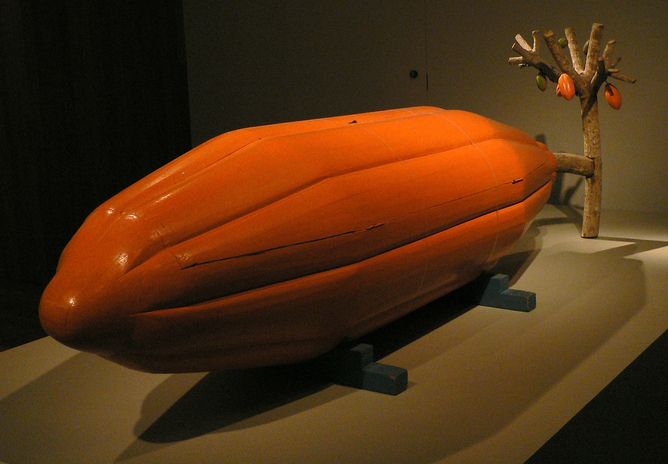
Death Isn’t Taboo, We’re Just Not Encouraged To Talk About It (Op-Ed)

This article was originally published at The Conversation. The publication contributed the article to Live Science's Expert Voices: Op-Ed & Insights.
Contrary to the popular wisdom that it’s a taboo subject, we love discussing death. Dead bodies fascinate us and some of our favourite television shows have been about death and forensic pathology.
But since the mid-to-late 19th century when the Victorians celebrated death and funerals with much theatricality – so the argument goes – we’ve repressed death to the point of it being hidden. Even worse, death has become so distant that it terrifies first-world humans and the best we can do is learn to manage an overpowering sense of dread.
But far from being taboo, socially repressed or terrifying, death is much more personal than it used to be. We hear about and see images of death everyday; we embrace it in what we watch; and it inevitability means we can’t really avoid it. Incest is a taboo. Necrophilia (which really does fascinate people) is a taboo. Death is not a taboo. It is more that we aren’t encouraged to discuss our own individual demise.
The argument about “death dread” does, however, illustrate an issue in the modern first world (which, it must be noted, has the luxury of time to think about these matters): we’ve fallen out of practice when it comes to the “everydayness” of death and dead bodies – something the Victorians, with their off-the-charts infant mortality rates and death from preventable disease, knew much about.
One of the key reasons is vastly improved healthcare and successful public health campaigns. We live a great deal longer than we did even 60 to 70 years ago, and we significantly outlive our 19th-century cousins. Our increasing longevity has given many more humans than ever before the opportunity to begin thinking about not only how a person wants to die but what kind of death it should be. And the tension between society and the individual is best shown by the current debate about assisted dying: the rights of the person to decide how and when to die and the counter argument that this will essentially undermine the moral fabric of society.
What about when you die?
For many individuals, death is something to ignore. But for many of us working on topics related to death, dying and dead bodies, the big focus now is engaging with death as an active, open and productive thing. It is remarkable how most people (of all ages) confess to never thinking about this topic. Have you ever talked about what you want done with your body when you die? If not, why?
Sign up for the Live Science daily newsletter now
Get the world’s most fascinating discoveries delivered straight to your inbox.
A person’s choices can change and often do as new kinds of biomedical technology are introduced. I, for example, am an organ, tissue, and bone donor in both the UK and the US (where I’m originally from) but that wasn’t an option until the mid-20th century. Similarly, new forms of dead body disposal technology will continue to appear and this inevitably means people will choose future methods of final disposal that might seem shocking today. Water and potassium hydroxide-based tissue digestion systems, for example, are already in operation and will only increase in the coming years.
The point, it seems to me, is to helpfully challenge why so many commentators, academics (like myself), and otherwise intelligent people, are so committed to persistently explaining that death is a socially repressed taboo subject. What most people need is a reason or a little bit of encouragement to know that it is not weird or macabre to have these discussions. Part of my current job, it seems, is regularly telling people that it is completely normal to discuss and think about death. And perhaps more openness might also encourage more of us to sign up for organ donation since we understand our dead body is just that, and sharing our organs might not be that strange or intrusive or compromise who we are.
So here is an official death expert recommendation: today, this day, and for the remainder of your days, talk about death with everyone you know and encourage them to do the same. Just remember, and here I am paraphrasing the philosopher Spinoza, discussing death is a meditation not on dying but on living life.
John Troyer is speaking at Death Salon UK 2014 at Barts Pathology Museum, part of Queen Mary, University of London.
John Troyer has received funding from the RCUK and the Arts and Humanities Research Council. He is also the son of an American Funeral Director.
This article was originally published on The Conversation. Read the original article. Follow all of the Expert Voices issues and debates — and become part of the discussion — on Facebook, Twitter and Google +. The views expressed are those of the author and do not necessarily reflect the views of the publisher. This version of the article was originally published on Live Science.












